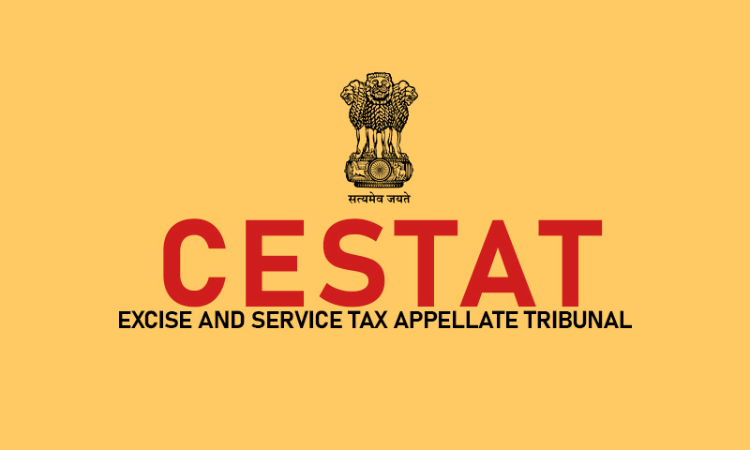The Chennai bench of the Customs, Excise, and Service Tax Appellate Tribunal (CESTAT) has held that there is no tax liability on the appellant for the impugned flats constructed prior to July 1, 2010, having less than 12 units or flats.The bench of P. Dinesha (Judicial Member) and M. Ajit Kumar (Technical Member) has observed that only four residential units or flats were constructed in this...

